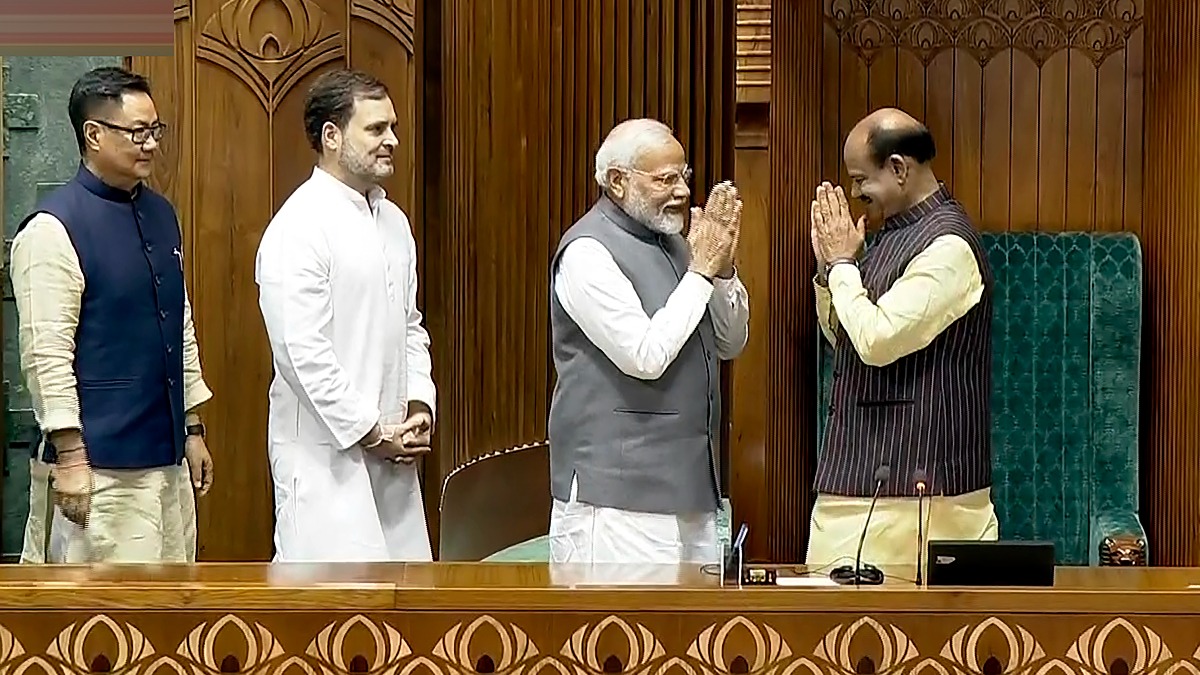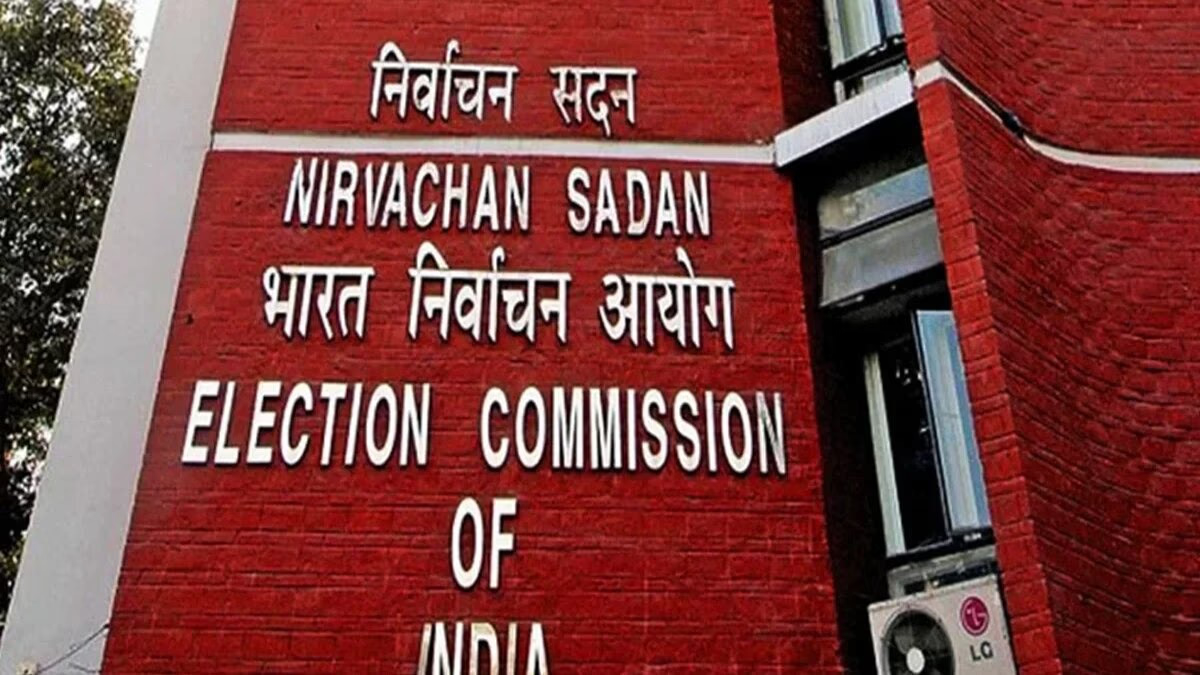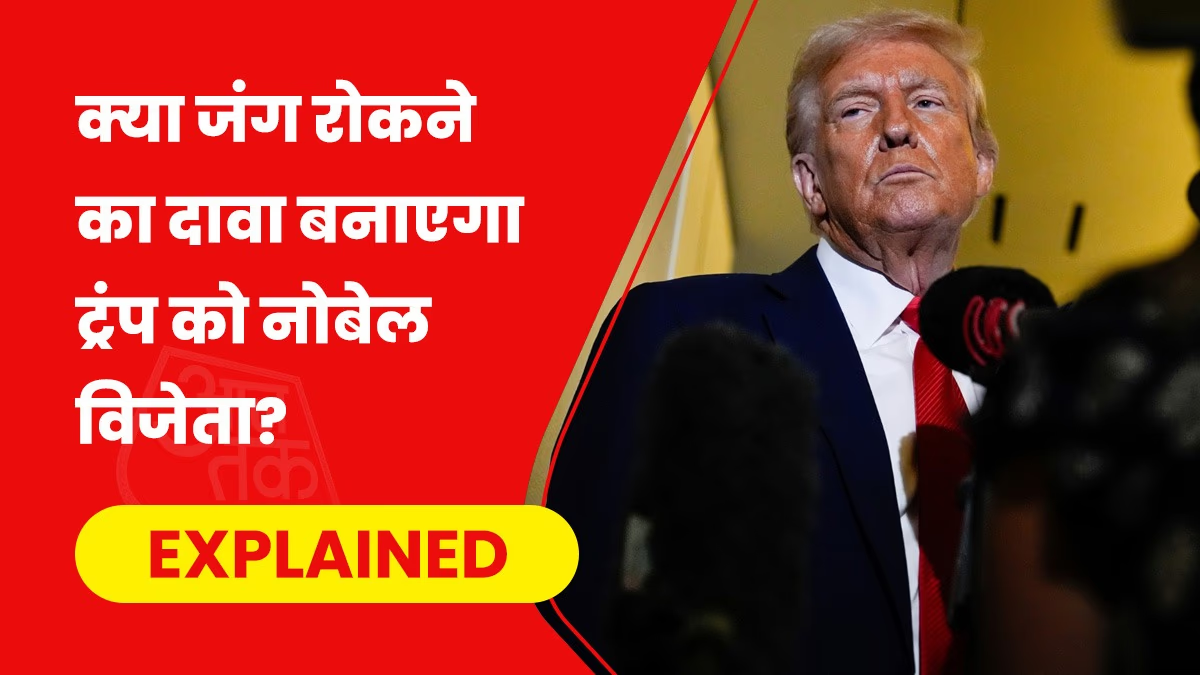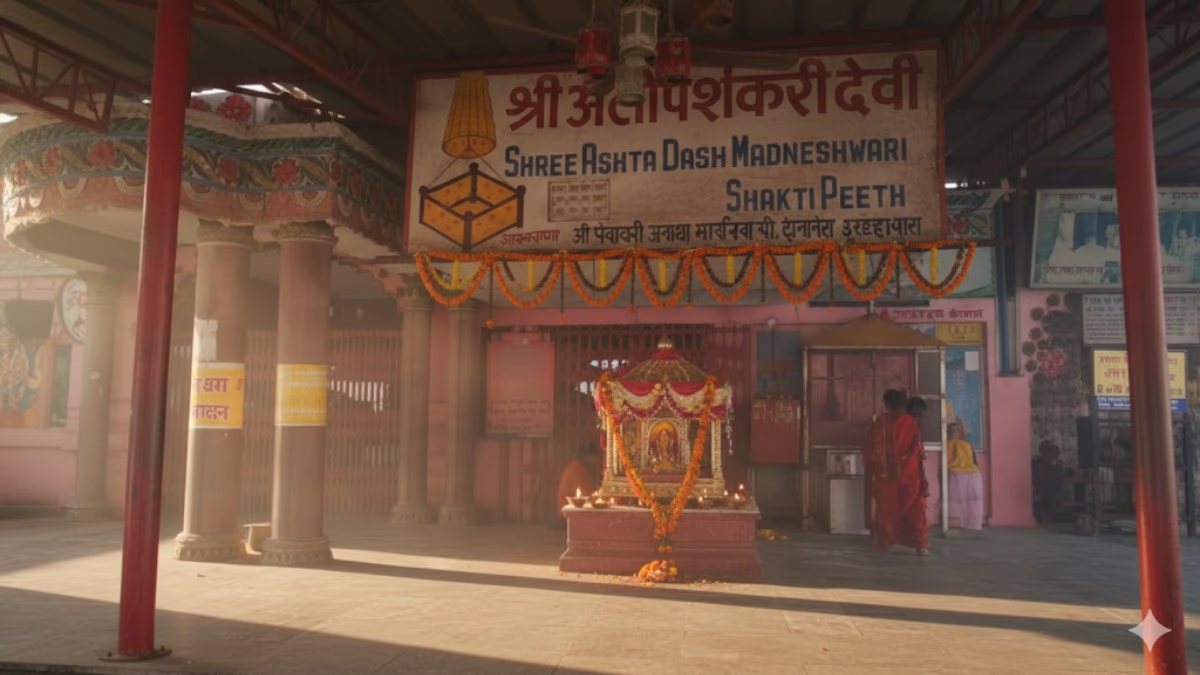Om Birla has been re-elected as the Speaker for the 18th Lok Sabha, chosen through a voice vote. In the race for Speaker, the opposition candidate was Congress MP K. Suresh. Following the voice vote, when the pro tem Speaker announced Om Birla's name, the opposition did not request a division of votes. Thus, based on sheer numbers, the India Block lost the race for Speaker. Despite this defeat, the opposition has sent a clear signal that the forthcoming term from 2024-29 will not echo the past decade.
Even after losing the Lok Sabha Speaker election, the India Block has successfully established a narrative in the nation that the days of unilateral government decisions are over, and it will continuously be challenged by constitutionally valid opposition at each step. Let's delve into what the India Block has achieved despite its loss in the Speaker elections.
The Dalit Welfare Agenda Reignited
During the Lok Sabha elections, Congress heavily leveraged the issues concerning Dalit welfare. Using the Speaker election as a catalyst, Congress and the India Block rekindled this narrative, striving to send out a message that they are champions of the Dalit cause. It is notable that the India Block fielded experienced Congressman Kodicunnil Suresh for the Speaker's role. Suresh is a member of the 'Cheramar' community, classified as a Scheduled Caste.
While Congress had desired Mr. Suresh to be the pro tem Speaker, the government did not oblige and instead appointed Bhartruhari Mahtab. Following this decision, the India Block refused to support the government's Speaker candidate and instead put forward K. Suresh, signaling their advocacy for Dalit rights, regardless of their candidate's chances of winning.
Protecting the Constitution: A Reinforced Narrative
The India Block has also attempted to deliver another message through the Speaker elections - the defense of constitutional customs. Traditionally, the Speaker comes from the ruling party, while an MP from the opposition becomes the Deputy Speaker. In this instance, the government did not agree to this arrangement. The formidable opposition of 2024, unwilling to endure the 'insult' they silently suffered due to poor performance in 2019, stood ready to challenge. Notably, in 2019, the government did not even appoint a Deputy Speaker.
Hence, when the ruling party did not consent to appoint a Deputy Speaker from the opposition, the India Block contested the Speaker election to safeguard constitutional values, irrespective of winning or losing. India Block's candidate K. Suresh stated that they weren't aware of the results but were adamant about contesting the election.
Congress leader Pawan Khera tweeted, "The Prime Minister speaks of consensus, yet we are compelled to contest for the Speaker's position. Traditionally, the Speaker is from the majority party and the Deputy from the opposition, but this has been ignored. The Prime Minister's disinterest in cooperation and consensus is evident from the lack of a Deputy Speaker in the previous term and now, an unprecedented contest for the Speaker post since Independence."
India Block Shows a Glimpse of Opposition's Resolve
Despite the defeat in the Lok Sabha Speaker election, the India Block has clearly indicated that it will not compromise on issues with the ruling party. As the major component of the India Block, Congress has clarified that it will continue to challenge the government's decisions and will not shy away from confrontations.
Rahul Gandhi and Akhilesh congratulated Speaker Om Birla, clearly stating their expectations that the opposition would be given a fair chance. Rahul mentioned that although the government holds significant political power, the opposition also represents India's voice, trusting the Speaker to allow them to raise their issues. Akhilesh even expressed hope that the situation would not escalate to the suspension of MPs.
Rahul Emerges as the Axis of Opposition Unity
As the Leader of the Opposition, Rahul Gandhi had the opportunity to demonstrate his leadership skills in the Speaker's election, which he indeed showcased. The Congress faced the challenge of uniting the opposition for the Speaker's election. While all opposition parties in the coalition were ready to support the India Block's candidate, Rahul faced his first challenge from the crucial coalition member TMC. There were reports that TMC was displeased with their candidate for Lok Sabha Speaker, as TMC was not consulted before finalizing K. Suresh's name. The party deemed it a unilateral decision.
Upon hearing rumors of discord within the opposition unity, Rahul immediately sprang into action. He reached out to Banerjee by phone on Tuesday. After a 20-minute conversation laying out his stance, the distance was bridged. TMC promptly sent Derek O'Brien and Kalyan Banerjee to Mallikarjun Kharge's residence later that night, subsequently affirming support for the India Block's candidate. Thus, Rahul Gandhi became the linchpin of opposition unity, with Mamata Banerjee accepting Rahul/Congress's decision. The Speaker election incident became a litmus test for the unity of the opposition, in which the India Block emerged largely successful.
In conclusion, the India Block navigated its election loss strategically, setting the stage for a robust defense of constitutional practices while reaffirming its commitment to Dalit welfare, heralding an era of steadfast opposition. Meanwhile, the BJP has conveyed its unyielding stance and readiness to protect the government's image by ensuring its candidate as the Speaker. For both coalitions, the Speaker election has been less about the position and more about highlighting their political narratives and affirming their roles in the parliamentary system.




